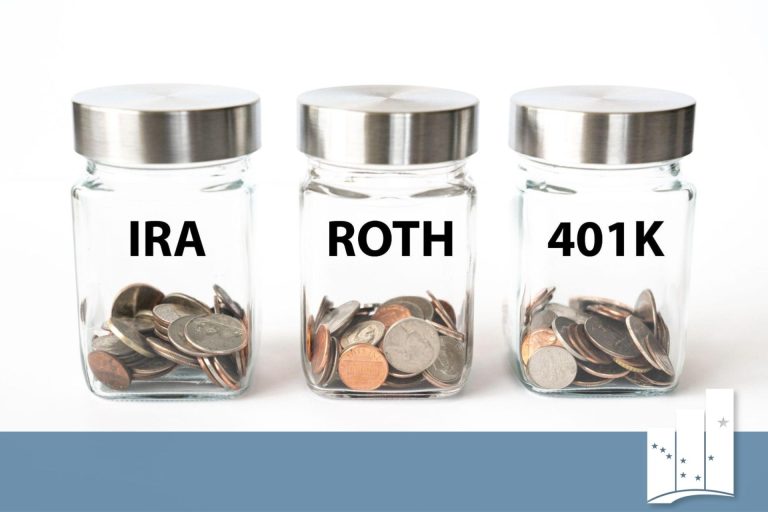As issues with COVID-19 continue to rapidly develop, so does our approach to estate planning.
The global coronavirus (COVID 19) crisis is impacting every aspect of our lives. In addition to the significant health concerns, financial concerns, business concerns, and basic concerns such as access to food, we have one other issue to add to our list. What estate planning documents do we as Alaskans need if we become incapacitated or pass away? Moreover, how do we get these documents signed with social distancing and quarantine requirements?
If we become incapacitated, what are the basic documents that we need? There are two primary documents: (1) Power of Attorney; and (2) Advance Health Care Directive.
- The Power of Attorney is a legal document by which we appoint an agent to handle our financial and other non-health related affairs. These functions include handling our bank accounts, paying our mortgages, filing our tax returns, etc. In times like these, I think it is very important to appoint not only one agent, but at least one alternate, if not two.
- The Advance Health Care Directive is a legal document by which we appoint an agent to make health care and mental health care decisions for us. The document also includes a “living will” that allows us to make end of life decisions, and we can make known certain of our other preferences.
If I become incapacitated and I do not have these documents in place, then a guardian has to be appointed for me. A guardianship is a court-governed process, meaning that someone has to go to the court and apply to become my guardian, and has to report to the court. Like the rest of us, courts are doing their best to deal with coronavirus. They are switching to telephonic hearings, postponing some hearings, and trying to minimize the exposure of judges and court staff. Even so, I do not want my family to have to navigate the courts while I am incapacitated, especially as my family members also are dealing with the coronavirus issues. To avoid the courts, I need a valid Power of Attorney and Advance Health Care Directive.
If we die, then we need Wills, or our probate estates pass by intestacy. A full discussion about estates, and what assets pass by probate and outside of probate, is beyond the scope of this article. The short story is that assets in our probate estate pass by the laws of intestacy if we do not have valid Wills. Intestacy is a set of laws, created by the state, that says how a deceased person’s probate estate is distributed.
Intestacy can bring unwelcome surprises, especially for blended families. For that reason, at least a basic Will allows a person to decide who inherits which assets, and perhaps just as importantly, who controls the probate estate. Keep in mind that probate also is a court-governed process. A revocable trust (or “living trust”) is an alternative to reduce or eliminate the need for the probate process. There are other considerations to a revocable trust that are beyond the scope of this article.
The three documents discussed above, a Power of Attorney, Advance Health Care Directive, and a Will (or a revocable trust), are basic estate planning documents. These documents in Alaska are governed by Alaska law. There are legal requirements for these documents to be valid, and not all documents are created equal. A poorly drafted document can create many problems and hassles. Those issues generally are much harder to fix after someone is incapacitated or has passed away than prevent in the first place with good documents.
There are legal requirements for signing these documents that are proving challenging with COVID-19. Wills need two witnesses, other than holographic wills. Temporary emergency legislation in Alaska allows remote witnessing in certain circumstances with extra requirements. Trusts can be signed without a witness or notary. Powers of attorney need to be notarized. Advance Health Care Directives require either a notary or two witnesses (with further restrictions on who can witness). We are finding creative solutions for getting these documents signed and notarized while satisfying social distancing requirements and helping those in quarantine.
With these three documents in place, what else can we do? First, we can notify the people that we appoint as agents and personal representatives that we have created these documents and named them as our agents. Second, we can assemble a list of our assets, debts, monthly bills, health conditions, current medications, and other pertinent information in one central (and protected!) location for easy (but restricted!) access by our agents.
We all are pulling together in this crisis. Hopefully we all will emerge free of the coronavirus, with our families and finances intact. In the interim, there is no substitute for proper planning. Part of that planning is to assure that our affairs are in order. This assurance is as much for our benefit as for our loved ones, who usually are the ones who have to care for us and our affairs in the event of incapacity or death. They, too, are dealing with this crisis, so the least we can do is make it easier for them.
Abigail is an estate planning lawyer in Anchorage, Alaska. She is a Fellow of the American College of Trust and Estate Counsel and has an “AV” rating from Martindale-Hubbell. Abigail graduated from Albany Law School in 2008, after earning a Bachelor’s in Mathematics from Rutgers University and a Master’s in Applied Mathematics from Rensselaer Polytechnic Institute. She began practicing law in Florida with a national law firm, and moved to Alaska with her husband after discovering all the wonderful adventures that Alaska has to offer. Abigail owns O’Connor Law LLC and practices in the areas of estate planning, trust administration, probate, transfer tax, and related areas.
DISCLAIMER: This document was prepared in April 2020 for informational and educational purposes only. Dissemination of this information does not create an attorney-client relationship. This information is not legal advice and may not be relied upon as such. Every situation is unique, and individuals should consult with competent legal counsel for specific advice. This information may constitute attorney advertising.







